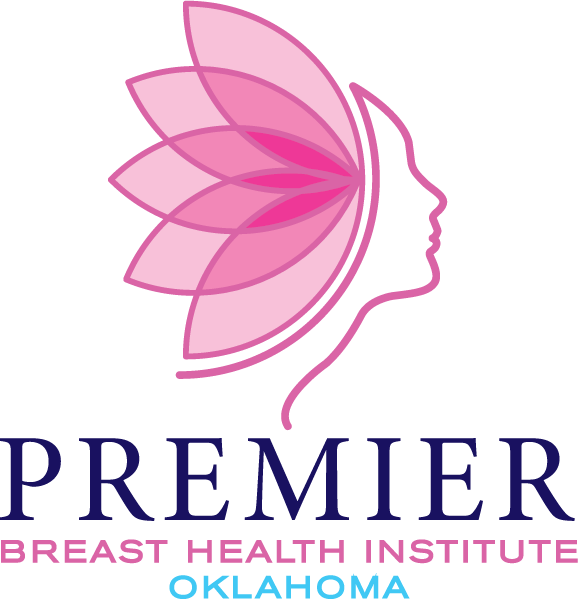Can Reducing Body Fat Lower Your Breast Cancer Risk?
Understanding the complex relationship between our bodies and health is crucial, especially when it comes to serious conditions like breast cancer. The interplay of factors such as insulin resistance, body fat, and their potential link to breast cancer is a topic of increasing interest among health professionals and individuals alike. While these connections might seem intricate, they are essential in crafting effective prevention strategies. For comprehensive support and guidance, a breast care center in OKC stands ready to assist.
Understanding Insulin Resistance
Insulin plays a critical role in managing blood sugar levels within our bodies, acting as the gatekeeper for energy distribution and fat storage. It's produced by the pancreas and is essential for keeping our glucose levels in check. However, when insulin resistance sets in, the body's cells begin to ignore the signals insulin sends out, leading to the pancreas compensating by producing more insulin than necessary.
This miscommunication results in elevated blood sugar levels over time and can serve as a warning sign for the development of Type 2 Diabetes. It's important to recognize these signs early and seek guidance from healthcare professionals, such as those at a breast care center, to manage and mitigate potential health risks.
Signs of Insulin Resistance
Identifying insulin resistance often flies under the radar in routine health screenings, and its symptoms are not always immediately noticeable. Those carrying extra weight, battling elevated blood pressure, or experiencing increased blood sugar levels might be more susceptible to insulin resistance.
When healthcare professionals notice potential indicators of diabetes or insulin resistance, they may recommend testing. Advice from these experts typically includes adopting a healthier lifestyle—incorporating regular physical activity, optimizing nutritional intake, prioritizing restful sleep, and achieving a healthier weight.
Insulin Resistance and Its Link to Breast Cancer
Is there a connection between insulin resistance and breast cancer? Research affirms this link, highlighting that while not all insulin-resistant individuals will face breast cancer, the condition elevates the risk. Elevated blood sugar and insulin resistance are risk factors for various cancers, including breast cancer, underscoring the importance of vigilance and proactive health management. You can consult a professional from the breast care center to know more about this.
The Connection Between Obesity and Cancer
Numerous research studies consistently demonstrate the link between excessive body weight and the heightened risk of breast cancer. Notably, women who are overweight or obese, particularly those beyond their menopausal years, face a significantly increased likelihood of encountering breast cancer. Reports indicate that postmenopausal women with excess weight have a 20-40% higher risk of developing this condition than those maintaining a healthy weight. Interestingly, obesity emerges as a contributing factor to breast cancer risk not only in women but also in men.
How Body Fat Influences Breast Cancer Risk
A pivotal study conducted in 2018 shed light on the specific role of body fat in breast cancer risk. The findings highlighted that women with a greater amount of visceral fat—the fat surrounding internal organs—exhibit a higher propensity for breast cancer. This increased risk was observed even in women who, despite having an average overall body weight, possessed a high ratio of waist-to-hip measurements.
The Link Between Metabolic Health and Breast Cancer Risk
Doctors identify individuals with metabolic syndrome as experiencing a combination of insulin resistance, elevated blood pressure, significant abdominal fat, and high cholesterol levels. An increased likelihood of developing breast cancer and facing more challenging outcomes if diagnosed closely linked with this condition. It's crucial for individuals fitting this profile to be proactive about their health, including scheduling regular mammograms as a critical step in the early detection and management of breast cancer. Engaging with a reputable breast care center can provide the necessary support and resources for managing these risks.
Proactive Steps Toward Health Besides Visiting a Breast Care Center
Enhance Your Diet- Prioritizing a diet filled with an abundance of fruits, vegetables, lean proteins, and whole grains and minimizing the intake of processed foods and sugars can help fight against insulin resistance and assist in maintaining a healthy weight.
Get Moving- Engaging in consistent exercise is often advised to decrease one's chances of developing diabetes. Initiating a minimum of 30 minutes of exercise at a moderate pace—such as brisk walking, running, dancing, cycling, or swimming—on most days of the week, ideally between three to five times, can have significant benefits.
Weight Loss Goals- For those overweight, shedding even a small percentage of body weight can significantly impact insulin sensitivity and overall health.
Prioritize Sleep- Adequate sleep is vital for hormonal balance and can help regulate insulin levels. Aim for 7-9 hours of quality sleep per night.
Your Guide to Healthier Living
At Premier Breast Health Institute of Oklahoma, we place our patients at the center of all our actions. As an independent facility, our commitment lies in offering advanced breast health care through a comprehensive and streamlined experience. You're not just another patient at PBHI; you're our priority. Whether you're here for a routine screening or addressing high-risk breast health concerns, our wide range of services is designed to empower you with strength, confidence, and proactive well-being. Trust us, your breast care center in OKC, to guide you toward a healthier lifestyle, supporting you every step of the way.


